The future of our fight against biometric mass surveillance
The final AI Act is disappointingly full of holes when it comes to bans on different forms of biometric mass surveillance (BMS). Despite this, there are some silver linings in the form of opportunities to oppose BMS in public spaces and to push for better protection of people’s sensitive biometric data.
Filter resources
-
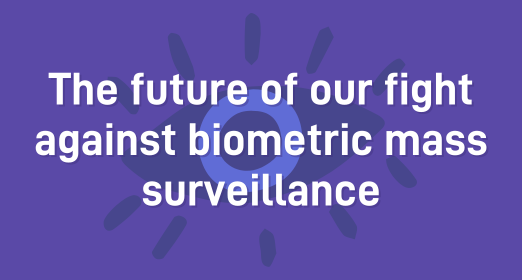
The future of our fight against biometric mass surveillance
The final AI Act is disappointingly full of holes when it comes to bans on different forms of biometric mass surveillance (BMS). Despite this, there are some silver linings in the form of opportunities to oppose BMS in public spaces and to push for better protection of people’s sensitive biometric data.
Read more
-
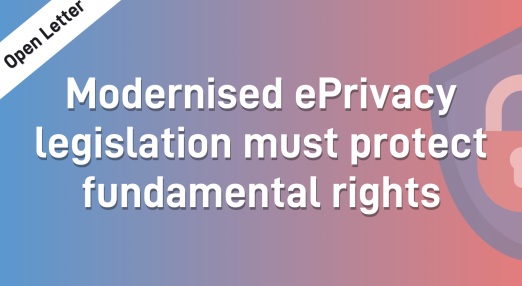
Open letter: Modernised ePrivacy legislation must protect fundamental rights
Today, 24 April, EDRi and 13 organisations call for robust legislation to complement and particularise the General Data Protection Regulation (GDPR), and call upon the next European Commission to include comprehensive plans for reforming the European Union’s ePrivacy legislation.
Read more
-
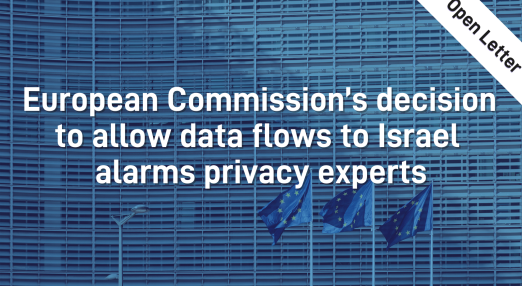
Open letter: European Commission’s decision to allow data flows to Israel alarms privacy experts
Today, 22 April, EDRi and Access Now coordinated an open letter supported by 11 civil society organisations that calls on the European Commissioner for Justice to provide further evidence and clarity on the decision to renew Israel’s status in the adequacy review.
Read more
-

EDRi-gram, 17 April 2024
But what knocked everyone's socks off was the massive victory in Greece, where EDRi member Homo Digitalis' strategic complaint led to a record-breaking fine to the Ministry of Asylum and Migration for violating people's data protection rights in its border management systems KENTAUROS and HYPERION. This news from Greece, immediately followed by the European Parliament's vote on the European Union's asylum system (EURODAC), makes it irrefutable that the Migration Pact is the EU's attempt to codify in law surveillance practices that not only gravely harm the rights of migrants but which are illegal.
Read more
-

Privacy is not for sale: Meta must stop charging for people’s right to privacy
Ahead of a crucial opinion by the European Data Protection Board (EDPB) – a grouping of the EU’s chief privacy regulators - on Meta’s plan to charge for privacy, the European Commission has opened an investigation that we hope will cast light on the unlawfulness of Meta’s so-called ‘Pay or Okay’ model, which has become the ‘talk of the town’ in Brussels.
Read more
-
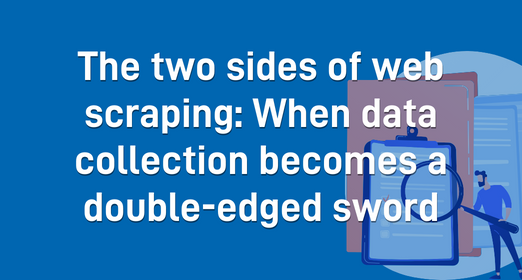
The two sides of web scraping: When data collection becomes a double-edged sword
Emerging AI technology often relies on methods of data collection – such as web-scraping – which can become a double edged sword when not used with safeguards and transparency or in ways that are unlawful. These methods have been used to achieve several key victories for digital rights, but can also be exploitative.
Read more
-
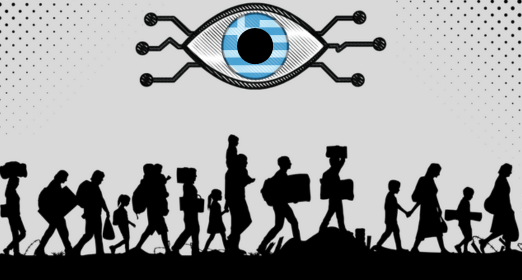
Greek Ministry of Asylum and Migration face a record-breaking €175,000 fine for the border management systems KENTAUROS & HYPERION
On 3 April, the Greek Data Protection Authority (DPA) slapped the Ministry of Asylum and Migration with a record-breaking €175,000 fine under the General Data Protection Regulation for the border management systems KENTAUROS and HYPERION. The DPA’s investigation started back in 2022, following a strategic complaint filed by the EDRi member Homo Digitalis and its partners in Greece.
Read more
-
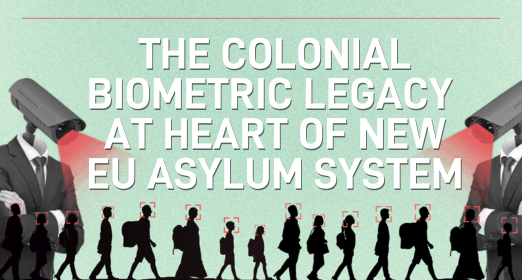
The colonial biometric legacy at heart of new EU asylum system
On Wednesday (10 April), the EU is set to vote on a new set of asylum and migration reforms. Among the many controversial changes proposed in the new migration pact, one went almost unnoticed — a seemingly innocent reform of the EU's asylum database, EURODAC. Although framed as purely technical adjustments, the reality is far more malicious. The changes to EURODAC will massively exacerbate violence against people on the move.
Read more
-
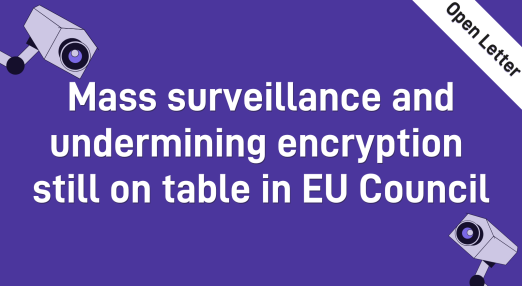
Open letter: Mass surveillance and undermining encryption still on table in EU Council
Today, 17 April, EDRi, in a coalition with 50 civil society organisations and 26 individual experts, call on Member State representatives not to agree to the proposed EU Council position on the Child Sexual Abuse (CSA) Regulation whilst so many critical issues remain.
Read more
-
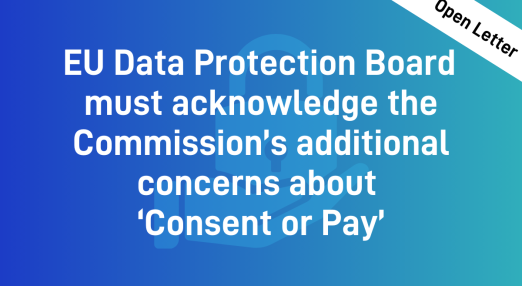
Open letter: EU Data Protection Board must acknowledge the Commission’s additional concerns about ‘Consent or Pay’
On 15 April, EDRi, noyb, Access Now and 20 consumer and digital rights organisations sent an open letter to the European Data Protection Board (EDPB) ahead of the EDPB’s decision on Meta’s “Pay or Okay” model.
Read more
-
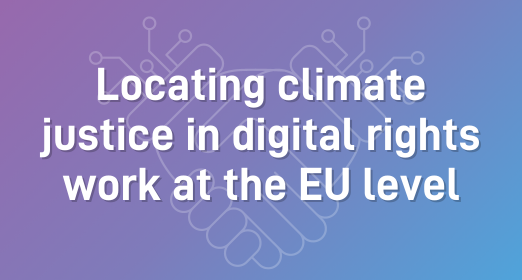
Locating climate justice in digital rights work at the EU level
A new study commissioned by EDRi acknowledges the complexities and environmental impacts of technological solutions, emphasising the need to bridge climate justice and digital rights. This is particularly relevant as the European Union views sustainability and digitalisation as twin and interconnected pillars.
Read more
-
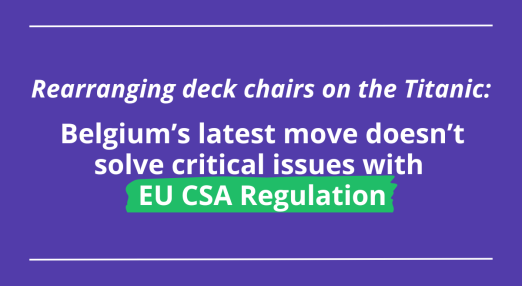
Rearranging deck chairs on the Titanic: Belgium’s latest move doesn’t solve critical issues with EU CSA Regulation
The EDRi network has long-urged European Union (EU) lawmakers to ensure that efforts to combat OCSEA (online child sexual exploitation and abuse) are lawful, effective and technically feasible. The goal to protect children online is vital. This can only be done if the proposed measures work and are compatible with human rights, including privacy and the presumption of innocence.
Read more
